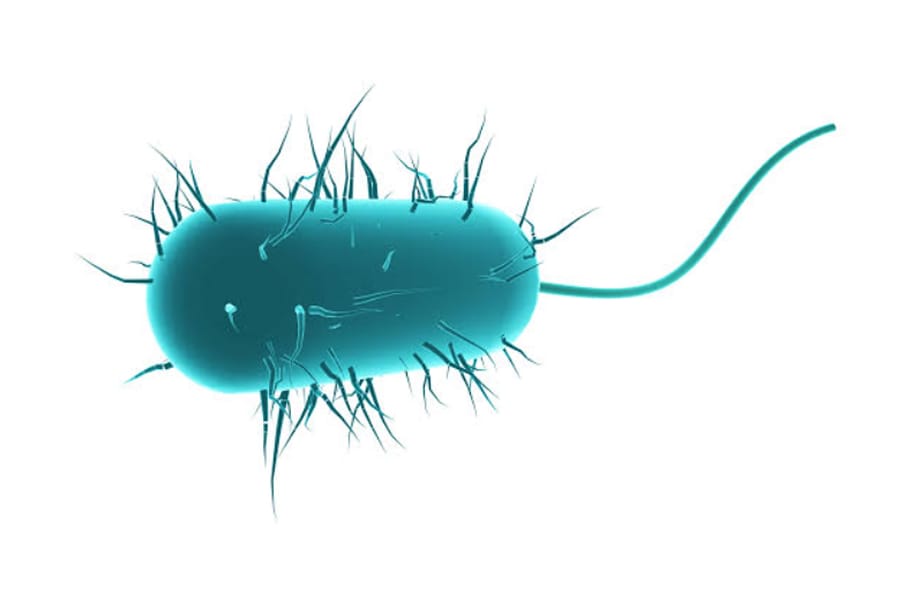When discussing gut health and its crucial role in overall well-being, certain bacteria often take center stage. However, one lesser-known but highly significant player is Akkermansia muciniphila. This microorganism, now gaining more attention among gut health specialists, holds potential in managing and even preventing certain health conditions. Here, we delve into what Akkermansia is, its role in gut health, and how supporting its levels could benefit patients.
What Is Akkermansia muciniphila?
Akkermansia muciniphila is a type of bacteria found in the human gut that plays an essential role in maintaining the integrity of the gut lining. It belongs to a group of bacteria known as mucolytic bacteria, which means it breaks down mucin, a protein that forms the mucus layer lining the gut. This activity not only supports the gut barrier but also influences the diversity and balance of gut microbiota.
Why Is Akkermansia Important?
Research indicates that Akkermansia levels are associated with several health benefits, particularly in metabolic and inflammatory diseases. Here are some reasons why Akkermansia is so valuable:
- Gut Barrier Support: By breaking down mucin, Akkermansia helps strengthen the gut barrier, which is crucial for preventing leaky gut syndrome. A strong gut barrier can help protect against inflammation and autoimmune reactions.








